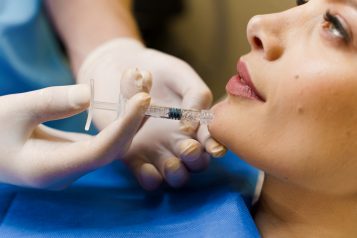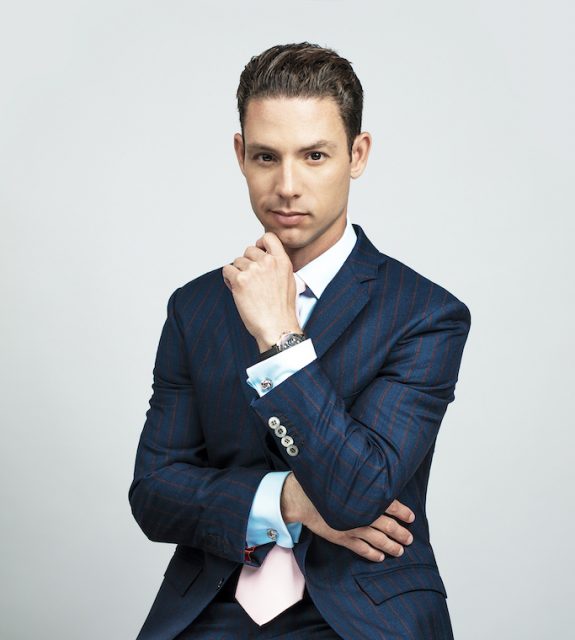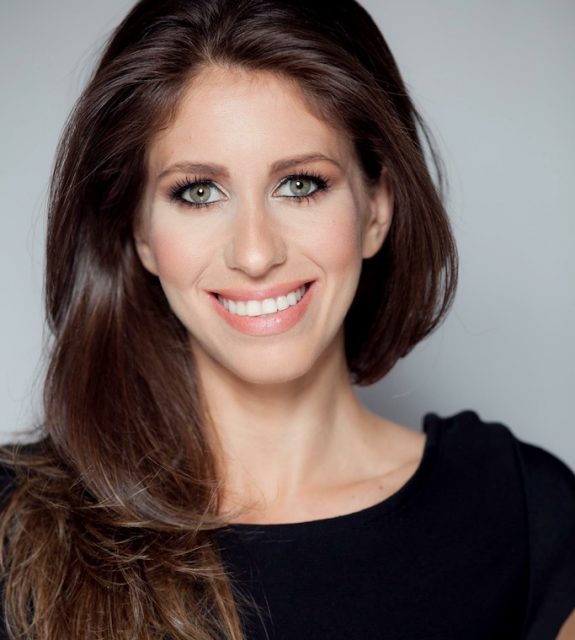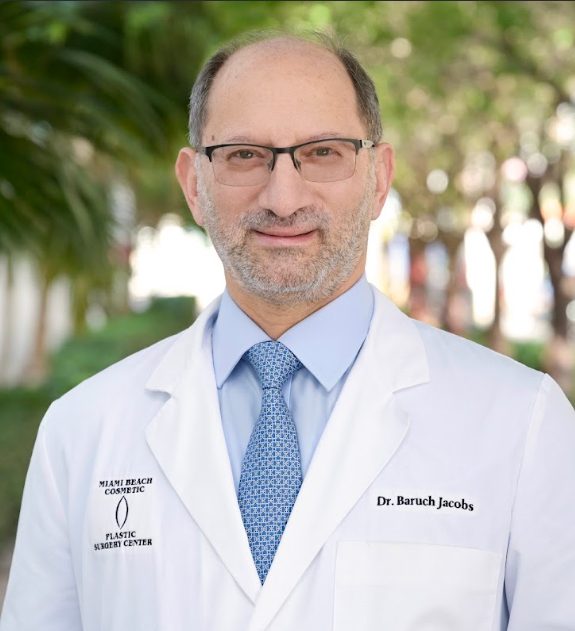Mara C. Weinstein Velez, M.D., FAAD is a board-certified dermatologist, and Director of Cosmetics and Laser Surgery at the University of Rochester Medical Center, in Upstate New York. Dr. Weinstein-Velez completed a prestigious Laser, Cosmetic and Dermatologic Surgery fellowship at SkinCare Physicians in Boston, with clinical faculty from the Harvard and Yale Departments of Dermatology, and is one of the only Fellowship-trained Cosmetic and Laser Surgeons in Western NY. Read on to learn how Haute Beauty expert Dr. Mara Weinstein-Velez advises brides to enlist in a general skincare prep to be wedding-ready.
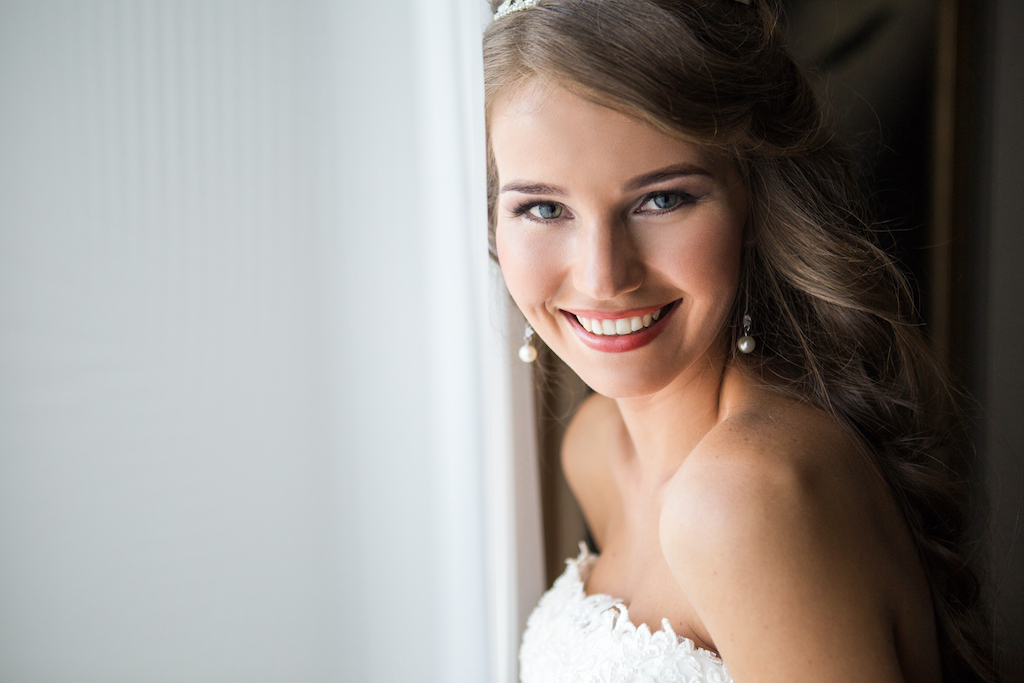 Photo Credit: Shutterstock
Photo Credit: Shutterstock
What advice do you give brides for general skincare prep?
Wedding prep is often the first time a patient will come to see a dermatologist for skincare advice. It’s a great way to start the conversation about establishing a solid skincare routine at home, along with introducing simple, no downtime procedures to prepare for the big day. I absolutely love helping brides shine on their special day!
In general, three essential components will help brides achieve that glow.
Skincare is a must!
I optimize a regimen based on your individual skin type. Sensitive skin and acne-prone skin can take some time to improve, and sometimes we need to add some prescription medications (topicals and orals) to the mix to help.
Starting a regular AM/PM routine is important to get in the habit of caring for your skin. In the morning, a gentle cleanser followed by vitamin C (antioxidant) serum and SPF 30 or higher is a must! Adding moisturizers for dry skin and/or medications for acne or rosacea-prone skin would fit into that routine.
In the evening, a gentle cleanse to remove any makeup and buildup on the skin is essential, followed by a cream containing retinol or bakuchiol (a plant extract that offers the same skin benefits as retinol) to help boost collagen production and promote cell turnover.
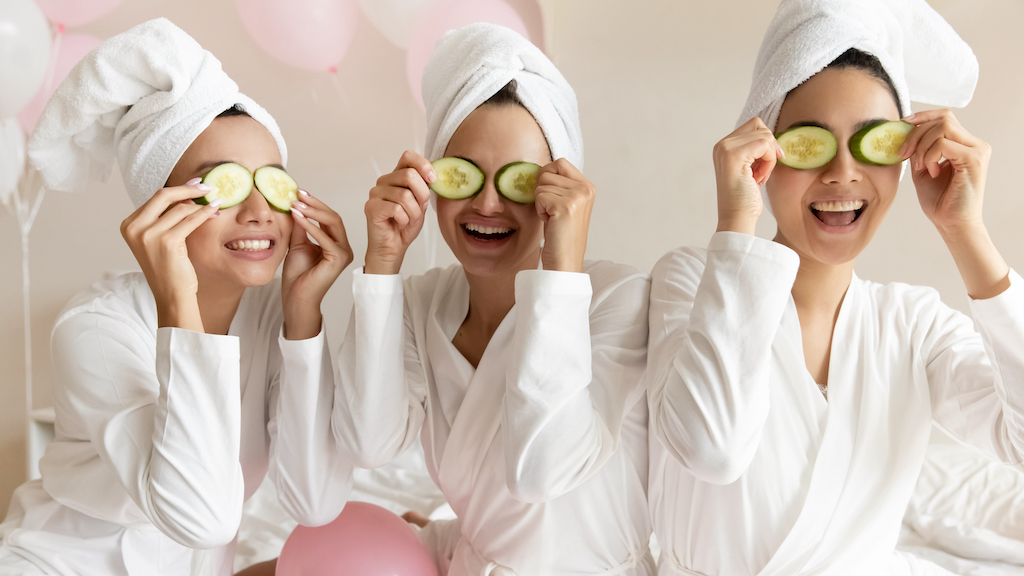 Photo Credit: Shutterstock
Photo Credit: Shutterstock
Prejuvenation
A little neuromodulator like Botox is great to consider for the first time in your late 20s or 30s. The goal is to prevent deeply etched lines and wrinkles from forming on the face in the early stages because once they are etched in the skin, they are more challenging to treat.
A common misconception is that Botox will result in a fake or frozen look. This is simply not the case when performed by a skilled injector such as a board-certified dermatologist or plastic surgeon. In the end, a little bit early on will prevent the need for a lot in the future!
A little pearl: if you’re considering Botox treatments, it’s best to come in at least 3 to 6 months before your wedding since you never want to do something for the first time right before the big day!
Lasers and peels
No-downtime lasers and/or superficial peels are also a great way to stimulate collagen production, help clear acne-prone skin (in the case of peels), clean up any pigmentary changes to the skin (sun spots) or redness/blood vessels, and also improve overall texture.
Typically, these procedures can be performed monthly for 4-6 months to get you wedding-ready. The key is starting early, giving time for the skincare routine to settle in, and time to optimize your laser and injectable outcomes.
Another pearl: many lasers and light procedures are not safe to perform if your skin is tanned. Depending on the season of your wedding, these procedures should be started in the fall or winter for a spring wedding or in the winter or early spring for a fall wedding. SPF year-round is key.
So, plan a little ahead, and your skin will glow as much as you do on your wedding day!
For more information, visit Dr. Mara Weinstein Velez's social media:






